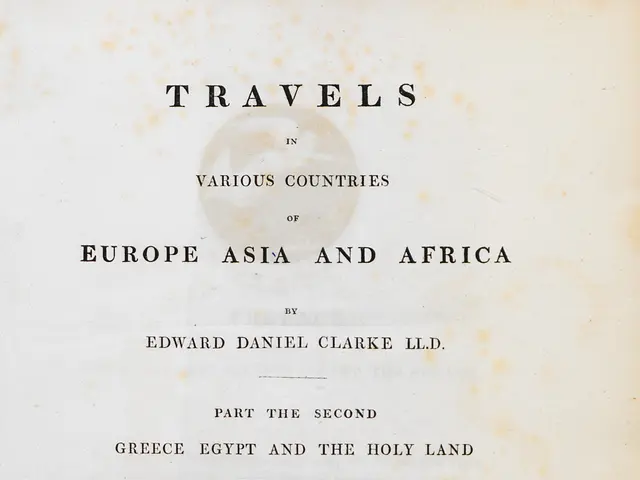Israel to withdraw funding for national awards following a movie about a Palestinian child's victory
In a bold move, Israeli Culture Minister Miki Zohar has announced his intention to end government funding for the Ophir Awards, Israel's national film awards, starting from the 2026 budget. The decision comes after the award was bestowed upon the film 'The Sea,' which portrays Israeli soldiers in a negative light and has been deemed a 'shame' by the minister. 'Under my watch, Israeli citizens will not pay for a ceremony that 'spits in the faces of our heroic soldiers,'' Zohar declared. The film, directed and written by Israeli filmmaker Shai Carmeli-Pollak, is Israel's contender for the best international film Oscar. The Ophir Awards are voted on by members of the Israeli Academy of Film and Television. In a historic win, Mohammad Gazawi, 13, who stars as Khaled in 'The Sea,' was awarded the Ophir Award for best actor, and Khalifa Natour received the award for best supporting actor. The film's production was backed by the Israel Film Fund, with Baher Agbariya, a producer of 'The Sea' and one of the 1.6 million Arab citizens of Israel, expressing gratitude for the support. However, the decision to end government funding for the Ophir Awards has sparked controversy. Israeli rights groups are investigating whether the Culture Ministry has the authority to withdraw funding from the awards. The move has also attracted international attention, with more than 3,000 actors and directors, including Yorgos Lanthimos, Ava DuVernay, Asif Kapadia, Boots Riley, and Joshua Oppenheimer, signing a pledge to boycott Israeli film institutions. They claim these institutions are 'implicated in genocide and apartheid against the Palestinian people' in Gaza and the West Bank. Workers in the Israeli film industry have criticized the boycott as 'deeply troubling,' and Paramount, a Hollywood studio, has stated that it 'does not promote better understanding or advance the cause of peace.' Zohar's decision to end funding for the Ophir Awards follows his previous description of the Oscar-winning documentary 'No Other Land' as a 'sabotage' against Israel. He has also described the Ophir Awards as a 'pathetic ceremony' and a 'slap in the face of Israeli citizens.' Assaf Amir, chair of the Israeli Academy of Film and Television, has responded to the culture minister's statement and recent boycott calls from the international film community by selecting 'The Sea' as Israel's entry for the best international film Oscar. The decision is seen as a response to Zohar's stance. As the situation unfolds, the future of the Ophir Awards and the Israeli film industry remains uncertain. The controversy surrounding 'The Sea' and the funding decision by the Culture Minister Miki Zohar promises to keep the spotlight on these issues in the coming months.








